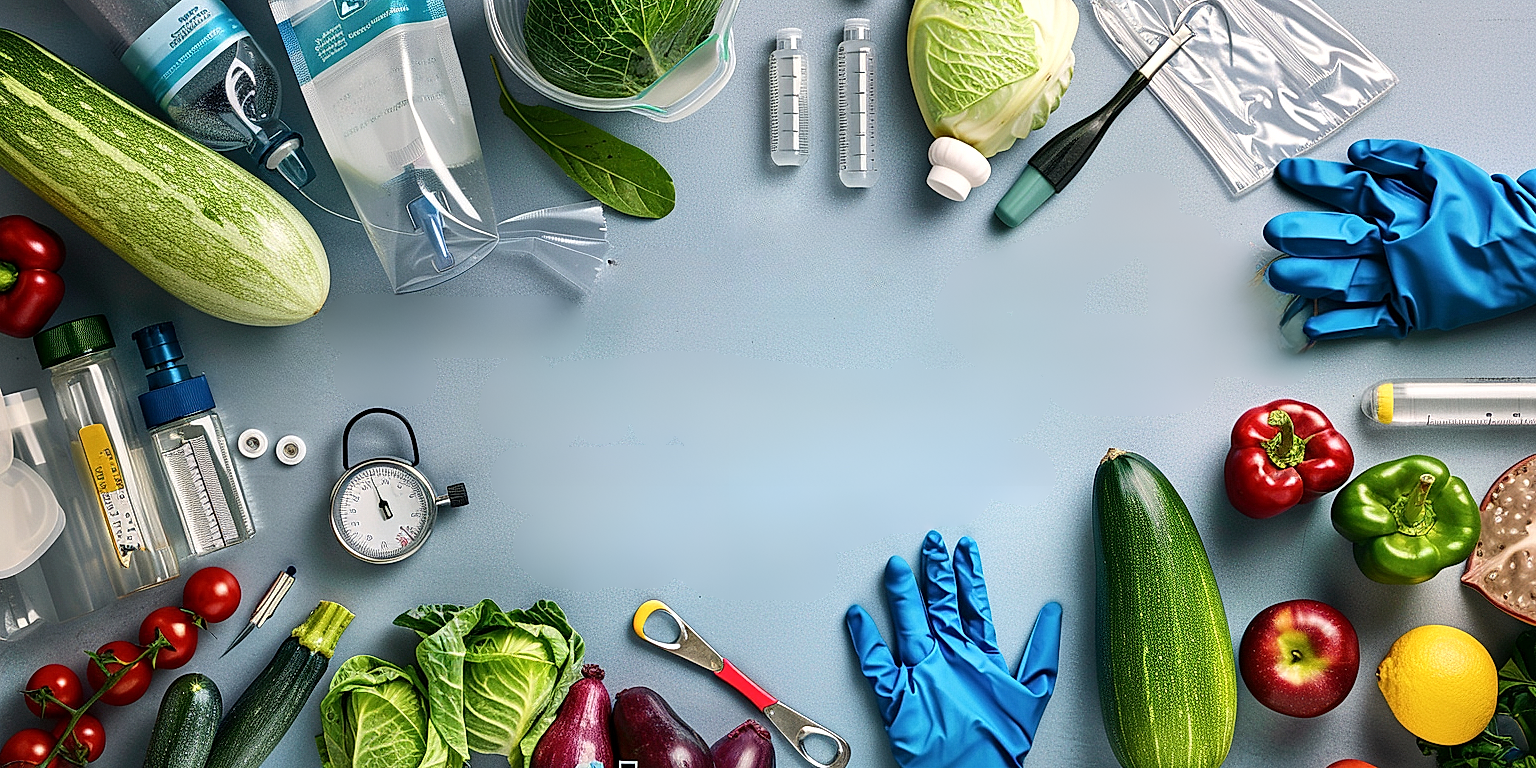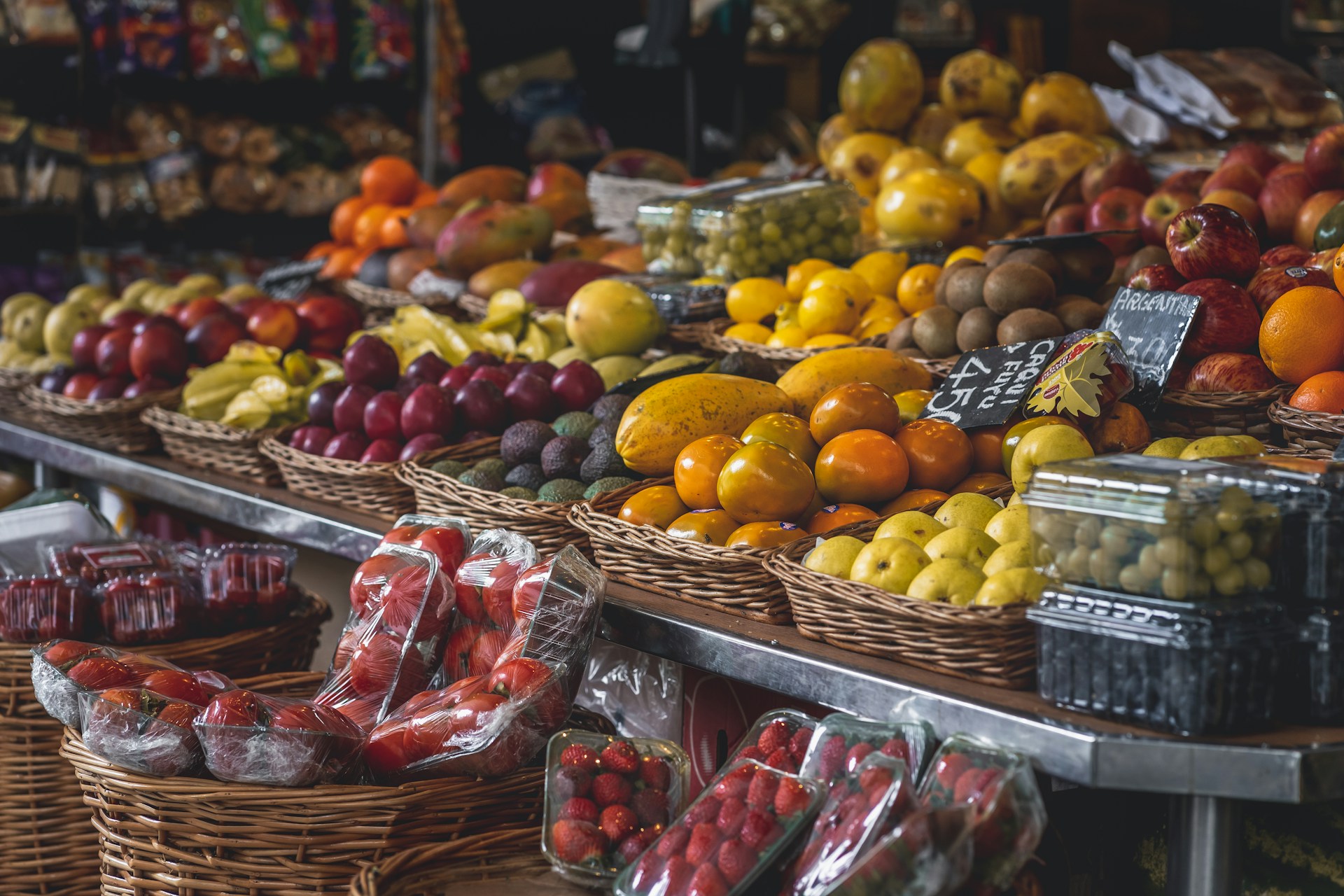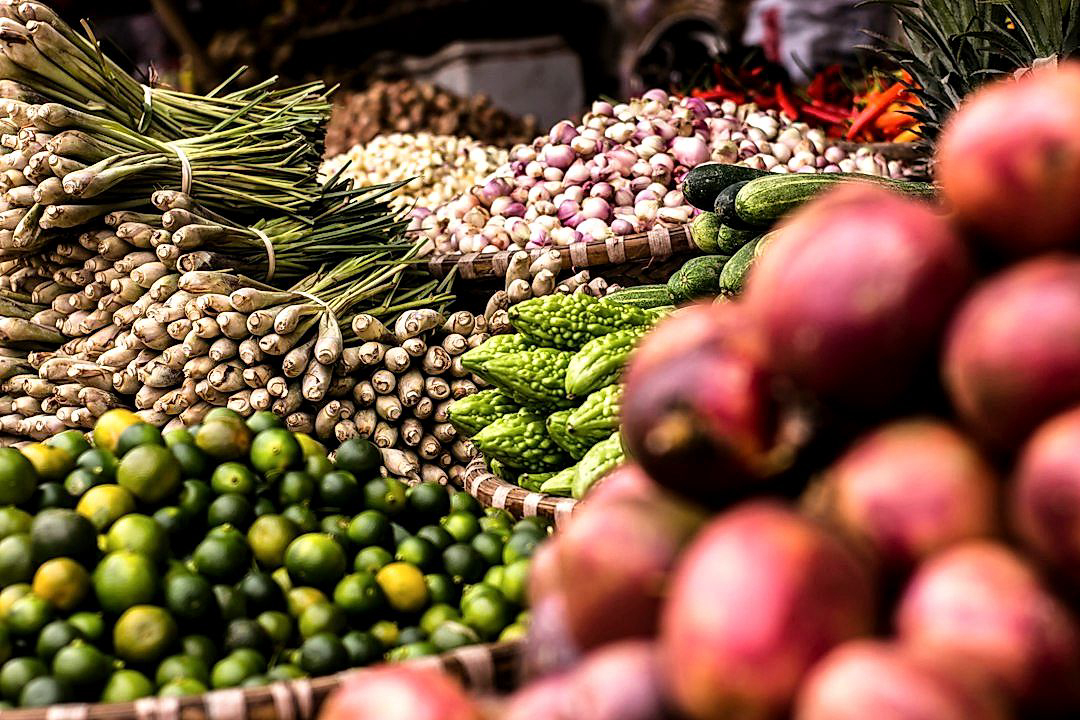In the bustling world of retail food sales, safety issues stand non-negotiable and absolute.
Equally crucial as it is challenging, ensuring produce safety presents its unique complexities.
Above all, a single lapse can critically compromise the wellbeing of both consumers and employees.
Hence, the implementation of robust safety protocols is the cornerstone for a successful retail store.
This piece digs deep into the most proven strategies in industry safety.
If you operate, manage, or even shop in a produce retail store, the information offered here should be valuable.
Key Safety Protocols For Produce Retail Stores
1. Regular sanitization of surfaces and equipment.
Ensuring the regular sanitization of surfaces and equipment has become a vital safety protocol in produce retail stores.
Produce, whether it’s fruits, vegetables, or meat, is often displayed in open spaces that are exposed to various bacteria and viruses.
Retail store operators thus have to uphold high cleanliness standards to protect both their employees and customers from possible foodborne illnesses.
A well-crafted sanitization protocol is crucial in significantly reducing the spread of various pathogens within a retail store’s environment.
The linchpin of a good sanitization protocol is the frequency of cleaning.
The more intensely trafficked a retail store is, the more frequently the sanitization has to be carried out.
A retail store that offers fresh produce has to engage in several rounds of sanitization daily to keep the eaten-keen pathogens at bay.
But sanitization isn’t just about cleaning the surfaces that are visible and accessible.
In a retail store, it is important to clean even those seemingly hidden corners because germs and bacteria don’t discriminate when it comes to settling down.
When doing the cleaning, it is advisable to use approved cleaning agents that are effective against a wide range of bacteria and viruses.
Chlorine-based cleaners are commonly used as they are known to have a rapid and broad-spectrum disinfection capacity.
In addition to cleaning all surfaces, equipment used in both handling and storing the produce also has to be regularly sanitized.
As they come into contact with the produce, they can easily serve as a conduit for the transfer of pathogens from one item to another.
Equipment such as forklift trucks, hand trolleys and refrigeration units, need to be given as much attention as the surfaces in a retail store.
Introducing a periodic sanitization schedule for these pieces of equipment can go a long way in ensuring they are always in a hygienic state.
Remember, each time you sanitize surfaces and equipment, you are effectively decreasing the odds of pathogen transmission within your store, thereby creating a safer shopping environment.
2. Strict adherence to food safety guidelines.
In the context of produce retail stores, strict adherence to food safety guidelines serves as a backbone for operations.
Food Safety Guidelines are standards set by health agencies to ensure the safety and wholesomeness of food.
These guidelines are mandatory rules that commercial food handlers must follow to prevent foodborne illnesses.
Following these guidelines becomes even more vital in the current COVID-19 era when a single breach could result in a cluster of infections.
Firstly, they require regular cleaning and sanitizing of all surfaces where produce is handled.
Staff must wash their hands thoroughly before and after handling produce.
Receiving practices play a crucial role too, as workers must immediately return temperature-sensitive produce to refrigeration after delivery.
Post-harvest treatments, such as washing and waxing, need to be carried out as per guidelines, using only approved substances.
Avoiding cross-contamination between fresh produce and other food items, especially those containing allergens, is another important step.
Produce displaying signs of spoilage must be discarded promptly to prevent the spread of pathogens.
Training and motivating staff about the importance of strict adherence to these measures protects customers from potential health hazards and the retailer from potential reputational harm.
The existence of written policies and procedures demonstrating compliance with food safety standards can also instill confidence in health inspectors and consumers alike.
Regular audits to ensure that practices align with these policies and procedures, and an active response to any identified areas of non-compliance, further underline a store’s commitment to food safety.
Moreover, in the event of a foodborne illness outbreak linked to the store, having documented evidence of strict adherence to food safety practices can also provide a degree of legal protection.
Finally, it must be noted that while adhering to these measures can require significant effort and resources, these investments are worthwhile in the long run and can be instrumental in securing the store’s reputation for health and safety.
3. Mandatory Personal Protective Equipment for Employees
The pandemic has made it even more pertinent that proper safety measures, specifically, the usage of Personal Protective Equipment (PPE), are strictly followed in produce retail stores.
PPE such as gloves, face masks, and aprons are crucial for ensuring the safety of both the employees and the customers.
These serve not just to protect the employees from potential infections but also to prevent the spread of any virus they might unknowingly be carrying.
It is important for the management of the retail store to ensure that their employees have understood the importance and the proper usage of PPE.
This includes wearing the PPE correctly, changing it periodically, and disposing of it responsibly after use.
Through ongoing training and communication, employees should not only know how to use the PPE, but also understand the important role it plays in maintaining a safe environment for everyone.
Regular monitoring should be put in place to ensure that employees are complying with this requirement.
Depending on the nature of the work, different types of PPE might be required, including safety glasses, face shields, and even special clothing.
It’s crucial to make it a mandatory part of the employees’ duties to wear these pieces of equipment during their shifts.
To complement the use of PPE, stores must also implement strong hygiene practices like regular handwashing and sanitizing.
This not only serves to protect the employees but also adds layers of safety to the entire food supply chain, from the retail point to the consumer’s home.
Staff should be encouraged to take responsibility for their health and that of others by adhering to the PPE rules at all times.
This will involve the management of the retail store providing the necessary PPE, either at a subsidized cost or altogether free, and ensuring that the supply of PPE is consistent.
Employees should also be made aware of what to do in case of potential exposure to the virus – this includes self-isolating and seeking medical assistance.
By sincerely implementing these protocols, stores can ensure the safety of their employees and customers whilst continuing to operate and contribute to the community.
4. Routine Temperature Checks and Health Surveys
In line with the core aim of maintaining safety protocols in produce retail stores, implementing routine temperature checks and health surveys is non-negotiable.
This protocol directly targets the prevention and control of disease transmission in the store.
More crucially, on a wider scale, this measure assists in curbing a potential public health crisis that might be triggered by the spread of infections from the store to customers.
Customers and staff alike confidently frequent retail stores, knowing full well that their health not only matters to management but is considered a top priority.
This assurance of health and safety is a significant trust builder and plays a crucial role in customer retention and the overall reputation of the retail store.
Regular temperature checks, particularly, are a proven method to quickly identify symptomatic individuals who might jeopardize the virus-free status of the retail environment.
It is, therefore, crucial to have dedicated staff, equipped with non-contact infrared thermometers or thermal imaging cameras, placed at all strategic entry points of the store.
Consistency and professionalism in conducting these temperature checks give customers a sense of security and compliance with public health guidelines.
For the employees, temperature checks should be recorded at the start and end of shifts.
In addition to these measures, a health survey helps to scrutinize the staff and customer health condition beyond mere temperature checks.
They capture pertinent health information such as the presence of symptoms related to highly infectious diseases, recent travel history, or contact with any confirmed case of contagious diseases.
Such data, when properly managed and analyzed, provide valuable insights that contribute significantly to informed decision-making regarding disease containment in the produce retail store.
It is equally important that these health surveys maintain strict compliance with privacy and data protection laws.
The effective administration of these routine temperature checks and health surveys requires regular training of staff, thorough records management, and a responsive approach to the information obtained.
In the end, the health and safety of all stakeholders in a produce retail store are dependent on how consistent and effective these measures are carried out.
5. Strict Maintenance of the Cold Chain Process
Maintaining the cold chain process is a critical safety protocol in produce retail stores.
This protocol is primarily concerned with ensuring the temperature control of perishable produce from the source to the retailer.
It is vital as it helps prevent foodborne illnesses often caused by bacteria that thrive in warmer conditions.
The primary aim of the cold chain process is to keep produce below a certain temperature threshold, usually at or below 5 degrees Celsius.
When this temperature is exceeded, the rate of deterioration of the produce increases, leading to loss of quality and safety.
Comprehensive monitoring of the cold chain process is thus necessary to ensure maximum food safety.
The monitoring process requires advanced tracking systems and technological solutions that can provide real-time updates of temperature conditions.
Any variations in temperature should trigger immediate corrective actions to keep the cold chain unbroken.
Equally important is the use of high-quality packaging materials that provide good insulation, thus helping maintain the required temperatures.
Produce retail stores should also adopt practices such as positioning chilled foods together to avoid temperature fluctuations.
Additionally, the storage spaces should also be regularly cleaned and sanitized to prevent cross-contamination.
It is worthwhile to note that the cold chain process extends beyond simple storage and includes delivery mechanisms as well.
Therefore, delivery vehicles should be equipped with refrigeration facilities and the drive times scheduled carefully to avoid expose to higher temperatures.
Produce retailers should ensure that their suppliers and partners have a similar commitment and strict adherence to the cold chain protocol.
Importantly, retail stores must communicate and train their employees about the importance of maintaining the cold chain process, its role in food safety and how to effectively implement it.
To sum up, the cold chain process, if maintained diligently and effectively, can ensure the safety and quality of produce in retail stores.
The Bottom Line
Ultimately, the safety and health of both customers and employees in the food industry is paramount.
By regularly sanitizing surfaces and equipment, adhering strictly to food safety guidelines, ensuring employees are appropriately equipped with personal protective gear, conducting routine temperature checks and health surveys, and meticulously maintaining the cold chain process, a high standard of hygiene can be established and maintained.
These measures not only protect individuals, but also contribute to the overall credibility and reliability of the business, fostering trust in consumers and building a strong reputation in the market.




